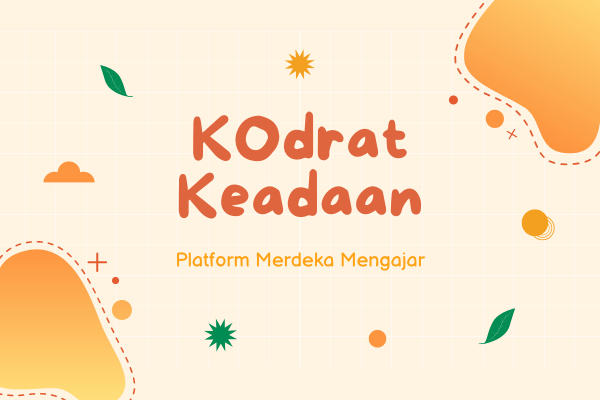Development of Curriculum in Learning
The Importance of Operational Curriculum Development in Learning
Education is a crucial aspect of a nation's development. One key element in the education process is the curriculum. The curriculum plays a role in determining what is taught in schools and how the material is delivered to students. The curriculum needs to be dynamic and able to adapt to the changes of time and the needs of schools to provide relevant and meaningful learning for students.
In an effort to develop an effective curriculum, each educational institution is granted the authority by the government to develop its operational curriculum. This operational curriculum focuses on the specific context and needs of the school, allowing for learning that is tailored to the characteristics of the students and the school environment.
Implementation of Operational Curriculum Development
The implementation of operational curriculum development is crucial and requires regular evaluation. Prior to the new academic year, educational institutions can discuss the evaluation of their operational curriculum implementation. In the dialogue in the video, the components discussed in the meeting include:
Vision, Mission, and Objectives
The school's vision, mission, and objectives are the foundation for the development of the operational curriculum. The vision and mission explain the long-term goals of the school, while the objectives refer to the ultimate goals of the school curriculum. Evaluating the vision, mission, and objectives is important to ensure that they remain relevant to the school's development and the students' needs.
Lesson Planning
Lesson planning encompasses various aspects such as learning objectives, assessment, teaching modules, teaching media, and the school's priority programs. In the evaluation, lesson planning needs to be updated and adjusted to the contextual needs of the school. This evaluation can help determine more effective learning plans and pathways.
Learning Organization
Learning organization covers the curriculum content, learning workload, intra and extracurricular programs, as well as the strengthening program of Pancasila learner profiles. Evaluation of the learning organization is important to align the curriculum with the school's characteristics and the students' needs. Involving students in the evaluation can help identify their interests and needs, such as through surveys on their preferred extracurricular activities.
Evaluation Support System and Professional Development
In operational curriculum development, it is also important to have an evaluation support system and professional development. This system includes support in curriculum development as well as monitoring and professional development for teachers. Evaluation of this system will help ensure that the developed programs are running smoothly and that teachers have adequate abilities to implement the curriculum.
Analysis of School Characteristics
In operational curriculum development, it is also important to analyze the characteristics of the educational institution. This analysis helps in understanding the school's context, the needs of the time, and the changes that occur. By comprehensively understanding the characteristics of the school, the curriculum can be developed to be more suitable for the students, the socio-cultural aspects, and the school environment.
The Ministry of Education, Culture, Research, and Technology has provided an example of operational curriculum as inspiration. However, educational institutions have the authority to develop a curriculum that fits their context. The operational curriculum needs to be dynamic and continuously updated to remain relevant to the ongoing developments and changes.
In the development of operational curriculum, teachers, as the key stakeholders, play a crucial role. Through operational curriculum meetings, teachers can participate in the evaluation and development of the curriculum to ensure that they provide effective and meaningful learning for students.

In the meeting, it was agreed that the operational curriculum should be student-centered, contextual, essential, accountable, and involve various stakeholders. These principles will help in developing an effective curriculum that aligns with the school's needs and the students' needs.
In the effort to develop a good operational curriculum, internal and gradual monitoring by the school needs to be conducted. This helps ensure that the developed programs are running smoothly and in accordance with the establishedplans. Internal monitoring also allows the school to make improvements and updates to the curriculum according to their contextual needs.
In the process of operational curriculum development, it is also important to consider the use of various learning resources. Not only textbooks but also other media such as information and communication technology. By utilizing these learning resources, schools can create more engaging and interactive learning experiences for students.
Conclusion
In conclusion, the development of operational curriculum is crucial in learning. A quality and relevant operational curriculum that meets the needs of students and the school environment will provide meaningful and effective learning. Regular evaluation and development of the curriculum must be conducted to ensure that it remains up-to-date and able to keep up with the changes of time. With good curriculum development, teachers can provide quality learning and help students achieve their full potential.







